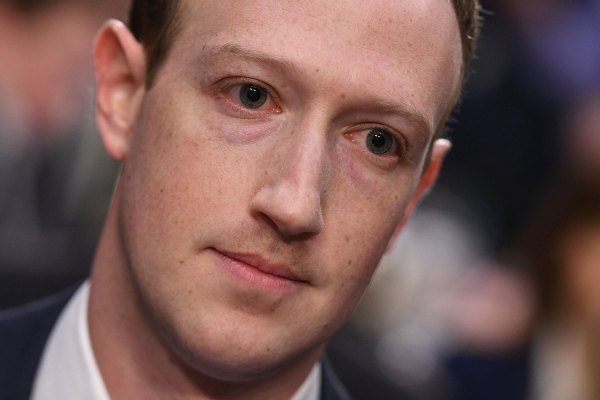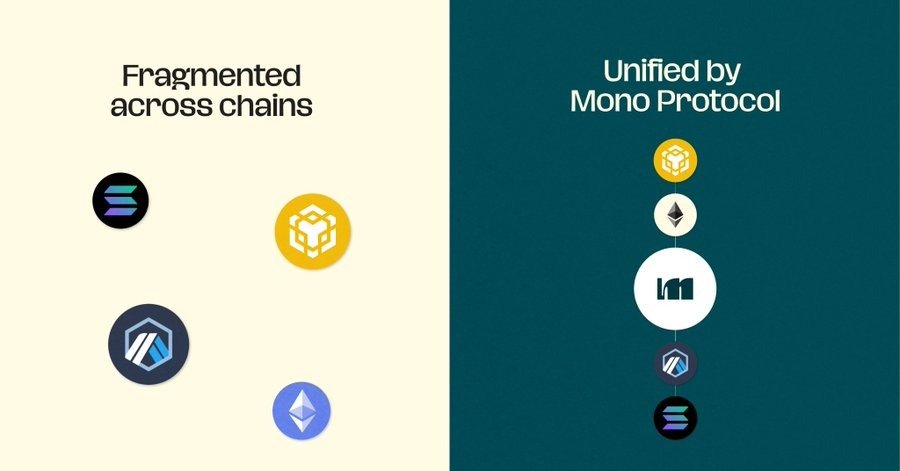The facts about Facebook

This is a criticalreading of Facebook founder Mark Zuckerberg’s article in the WSJ on Thursday, also entitled The Facts About Facebook.
Yes Mark, you’re right; Facebookturns 15 next month. What a long time you’ve been in the social media business! We’re curious as to whether you’ve also been keeping count of how many times you’ve been forced to apologize for breaching people’s trust or, well, otherwise royally messing up over the years.
It’s also true you weren’t setting out to build “a global company”. The predecessor to Facebook was a ‘hot or not’ game called ‘FaceMash’ that you hacked together while drinking beer in your Harvard dormroom. Your late night brainwave was to get fellow students to rate each others’ attractiveness — and you weren’t at all put off by not being in possession of the necessary photo data to do this. You just took it; hacking into the college’s online facebooks and grabbing people’s selfies without permission.
Blogging about what you were doing as you did it, you wrote: “I almost want to put some of these faces next to pictures of some farm animals and have people vote on which is more attractive.” Just in case there was any doubt as to the ugly nature of your intention.
The seeds of Facebook’s global business were thus sown in a crude and consentless game of clickbait whose idea titillated you so much you thought nothing of breaching security, privacy, copyright and decency norms just to grab a few eyeballs.
So while you may not haveinstantlyunderstood how potent this ‘outrageous and divisive’ eyeball-grabbing content tactic would turn out to be — oh hai future global scale! — the core DNA of Facebook’s business sits in that frat boy discovery where your eureka Internet moment was finding you could win the attention jackpot by pitting people against each other.
Pretty quickly you also realized you could exploit and commercialize human one-upmanship — gotta catch em all friend lists! popularity poke wars! — and stick a badge on the resulting activity, dubbing it ‘social’.
FaceMash was antisocial, though. And the unpleasant flipside that can clearly flow from ‘social’ platforms is something you continue not being nearly honest nor open enough about. Whether it’s political disinformation, hate speech or bullying, the individual and societal impacts of maliciously minded content shared and amplified using massively mainstream tools you control is now impossible to ignore.
Yet you prefer to play down these human impacts; as a “crazy idea”, or by implying that ‘a little’ amplified human nastiness is the necessary cost of being in the big multinational business of connecting everyone and ‘socializing’ everything.
But did you ask the father of 14-year-old Molly Russell, a British schoolgirl who took her own life in 2017, whether he’s okay with your growth vs controls trade-off? “I have no doubt that Instagram helped kill my daughter,” said Russell in an interview with the BBC this week.
After her death, Molly’s parents found she had been following accounts on Instagram that were sharing graphic material related to self-harming and suicide, including some accounts that actively encourage people to cut themselves. “We didn’t know that anything like that could possibly exist on a platform like Instagram,” said Russell.
Without a human editor in the mix, your algorithmic recommendations are blind to risk and suffering. Built for global scale, they get on with the expansionist goal of maximizing clicks and views by serving more of the same sticky stuff. And more extreme versions of things users show an interest in to keep the eyeballs engaged.
So when you write about making services that “billions” of “people around the world love and use” forgive us for thinking that sounds horribly glib. The scales of suffering don’t sum like that. If your entertainment product has whipped upgenocideanywhere in the world — as the UN said Facebook did in Myanmar — it’s failing regardless of the proportion of users who are having their time pleasantly wasted on and by Facebook.
And if your algorithms can’t incorporate basic checks and safeguards so they don’t accidentally encourage vulnerable teens to commit suicide you really don’t deserve to be in any consumer-facing business at all.
Yet your article shows no sign you’ve been reflecting on the kinds of human tragedies that don’t just play out on your platform but can be an emergent property of your targeting algorithms.
You focus instead on what you call “clear benefits to this business model”.
The benefits to Facebook’s business are certainly clear. You have the billions in quarterly revenue to stand that up. But what about the costs to the rest of us? Human costs are harder to quantify but you don’t even sound like you’re trying.
You do write that you’ve heard “many questions” about Facebook’s business model. Which is most certainly true but once again you’re playing down the level of political and societal concern about how your platform operates (and how you operate your platform) — deflecting and reframing what Facebook is to cast your ad business a form of quasi philanthropy; a comfortable discussion topic and self-serving idea you’d much prefer we were all sold on.
It’s also hard to shake the feeling that your phrasing at this point is intended as a bit of an in-joke for Facebook staffers — to smirk at the ‘dumb politicians’ who don’t even know how Facebook makes money.
Y’know, like you smirked…
Then you write that you want to explain how Facebook operates. But, thing is, you don’t explain — you distract, deflect, equivocate and mislead, which has been your business’ strategy through many months of scandal (that and worst tactics — such as paying a PR firm that used oppo research tactics to discredit Facebook critics with smears).
Dodging is another special power; such as how you dodged repeat requests from international parliamentarians to be held accountable for major data misuse and security breaches.
The Zuckerberg ‘open letter’ mansplain, which typically runs to thousands of blame-shifting words, is another standard issue production from the Facebook reputation crisis management toolbox.
And here you are again, ironically enough, mansplaining in a newspaper; an industry that your platform has worked keenly to gut and usurp, hungry to supplant editorially guided journalism with the moral vacuum of algorithmically geared space-filler which, left unchecked, has been shown, time and again, lifting divisive and damaging content into public view.
The latest Zuckerberg screed has nothing new to say. It’s pure spin. We’ve read scores of self-serving Facebook apologias over the years and can confirm Facebook’s founder has made a very tedious art of selling abject failure as some kind of heroic lack of perfection.
But the spin has been going on for far, far too long. Fifteen years, as you remind us. Yet given that hefty record it’s little wonder you’re moved to pen again — imagining that another word blast is all it’ll take for the silly politicians to fall in line.
Thing is, no one is asking Facebook for perfection, Mark. We’re looking for signs that you and your company have a moral compass. Because the opposite appears to be true. (Or as one UK parliamentarian put it to your CTO last year: “I remain to be convinced that your company has integrity”.)
Facebook has scaled to such an unprecedented, global size exactly because it has no editorial values. And you say again now you want to be all things to all men. Put another way that me
Be the first to write a comment.



